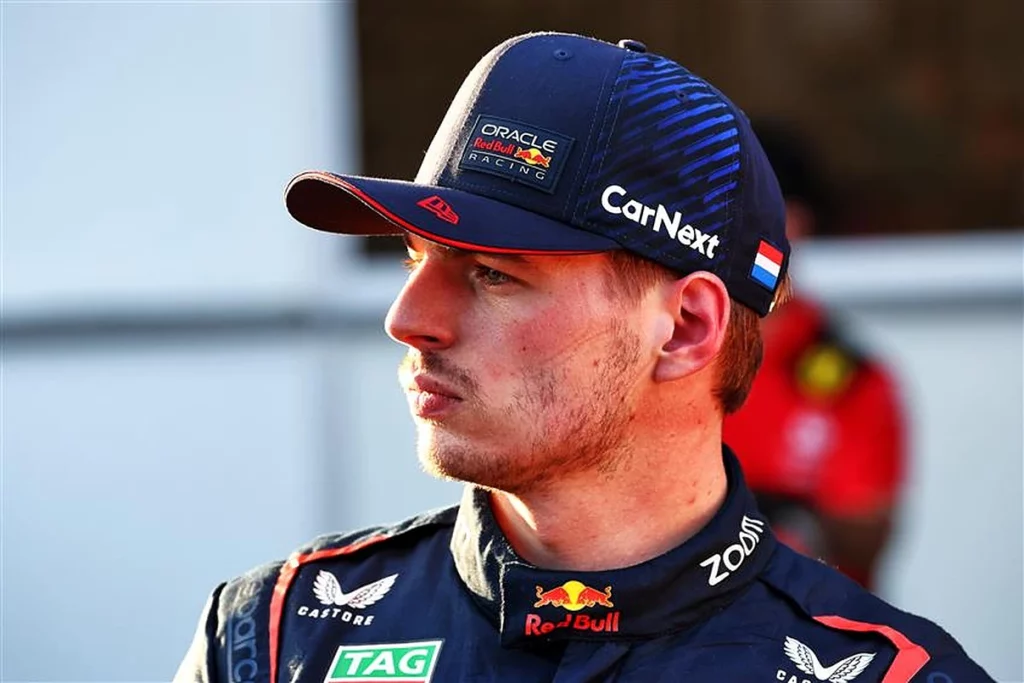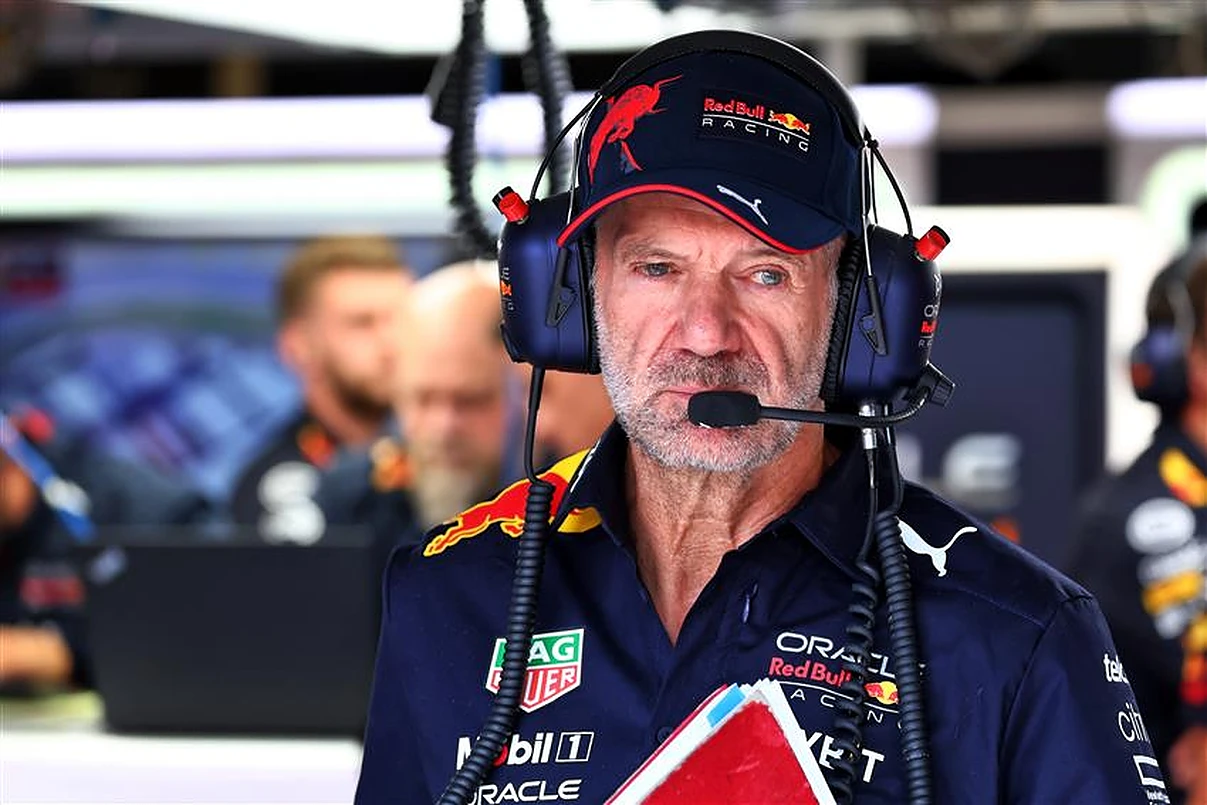Red Bull’s chief technical officer Adrian Newey has warned that the new power unit regulations in 2026 could lead to a team dominating for a significant period of time, similar to how Mercedes were unbeatable at the start of the hybrid-era in 2014.
2026 will see a huge change in the regulations, as Formula 1 heads for a more sustainable future.
The new engine regulations have excited several manufacturers, something which has seen the likes of Audi and Honda become engine suppliers for 2026.
Many of the 2026 engine suppliers have already started working on their power units for 2026, with Newey having warned that there is a “big risk” of a single team dominating.

Want to work in Formula 1? Browse the latest F1 job vacancies
With Red Bull currently being the most superior team in the sport, many will take Newey’s comments with a pinch of salt; however, he’s been openly critical about the sport’s regulations despite their dominance.
Newey is concerned that the sport’s push to become more reliable on hybrid energy and electricity could backfire, given that it’ll take longer for teams to catch up.
“The big risk now is the new change in power units in 2026,” Newey told Sky Italia.
As seen at the start of the hybrid-era in 2014, a single team could possess a better performing engine than others, something which would give them a huge advantage.
This was the case with Mercedes in 2014, who remained unbeatable at the start of the hybrid-era.
Newey has warned that it’s easier to “react faster” to a team boasting a chassis advantage than an engine advantage, due to it taking “time” to “understand and close the gap”.
“But if there’s a big difference in power units, it takes time for the manufacturers to understand and close the gap. The chassis people can react faster,” he said.
Newey added: “When the regulations for the hybrid era were first introduced, there were huge differences.
READ: Helmut Marko on Formula 1 axing Drive to Survive
“Mercedes had done a fantastic job with their power unit and other teams were behind to varying degrees.
“Now it’s basically levelled out,” he explained. “I would say there is maybe a 2 or 3 percent difference in power now, which could be two or three tenths – which is still significant when the field is so close together.
“But it’s not the same as that one second when the rules were introduced.”

